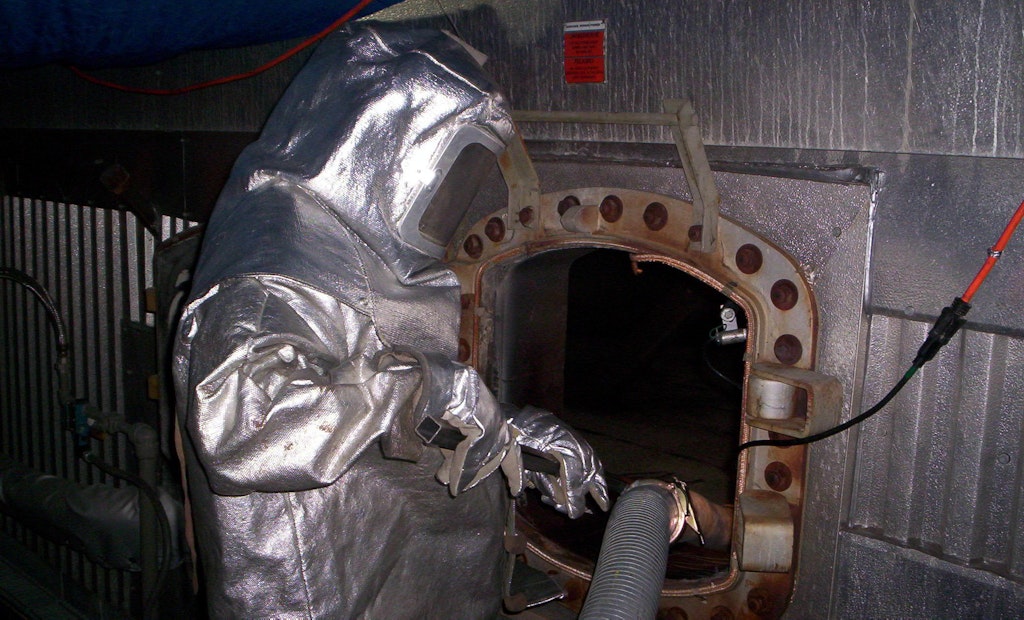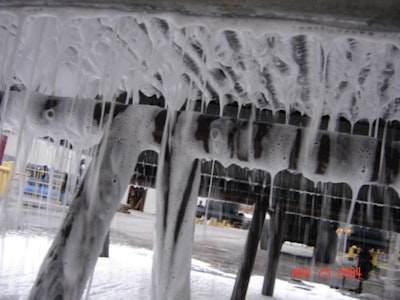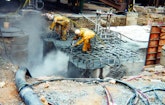
We celebrate the continued dedication and hard work of drain cleaning contractors by revisiting companies profiled 10 years ago in Cleaner magazine. Check out the original story on the Thompson Industrial Services company we featured in the April 2004 issue: “Safety Through...








